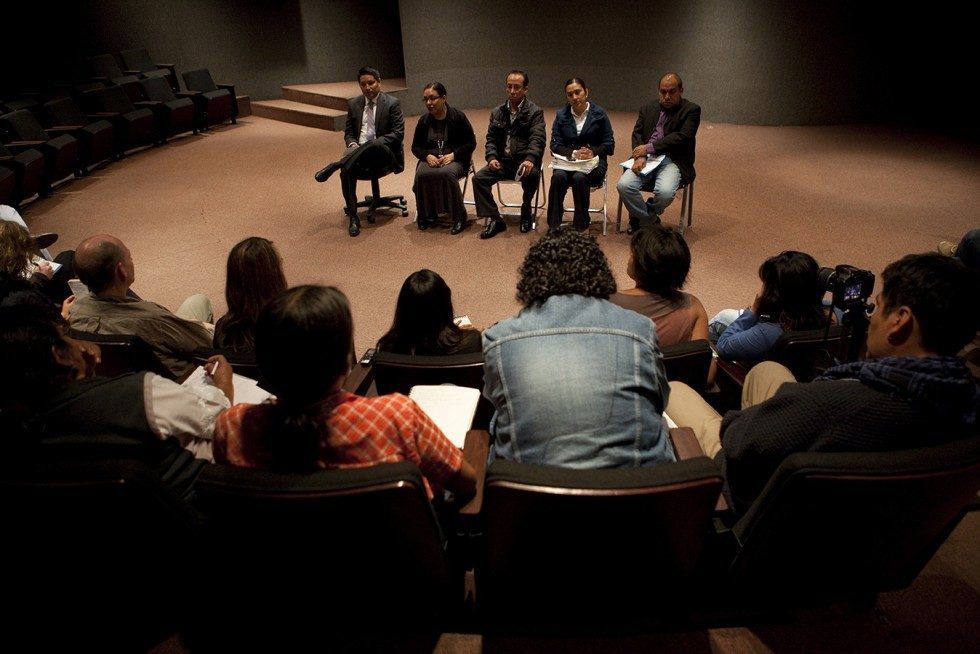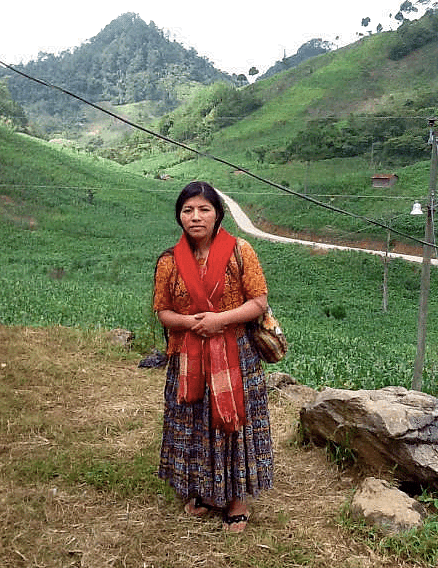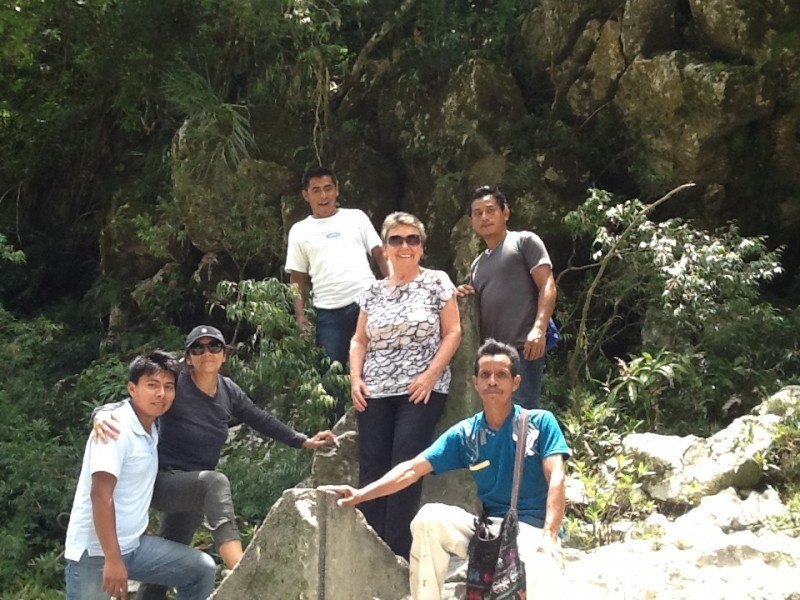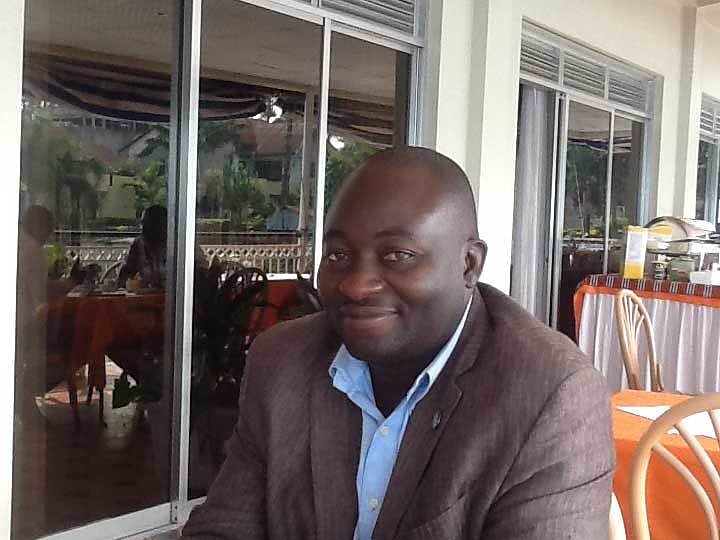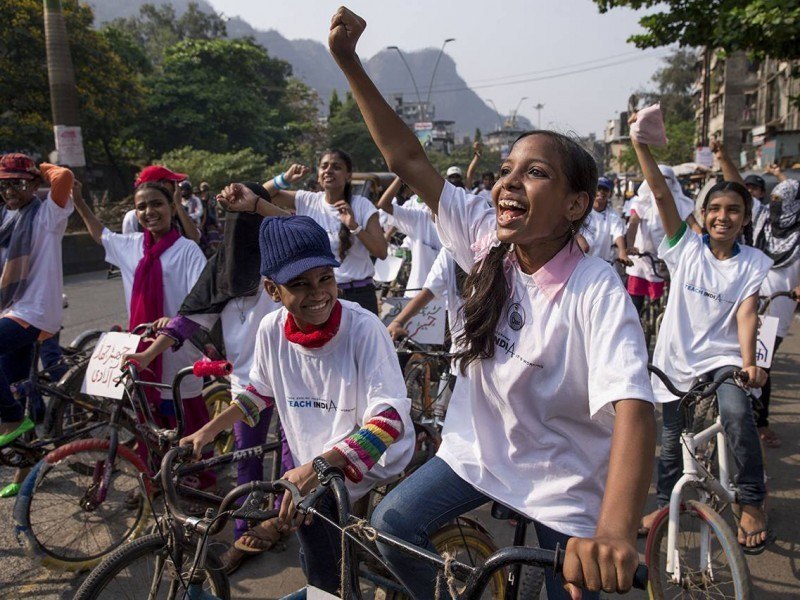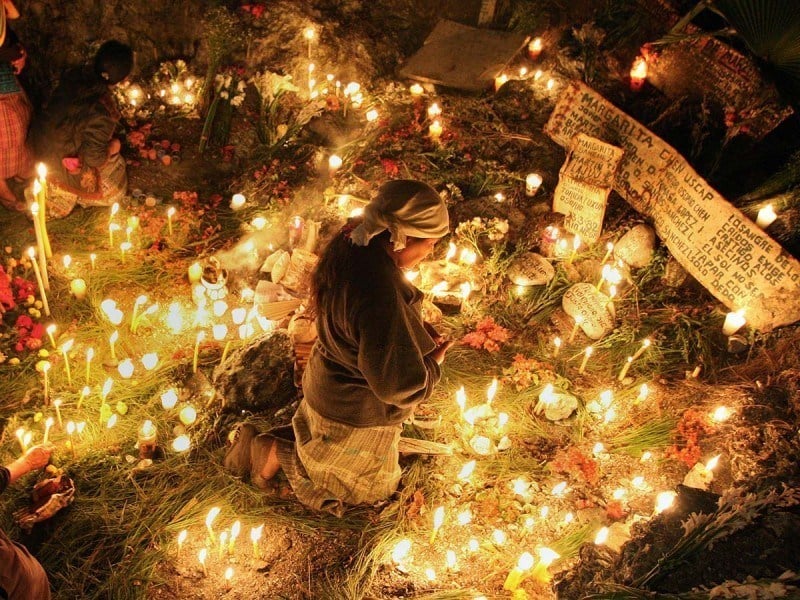Colectivo Oaxaqueño brings together grassroots activists to defend land and water rights for Mexico’s indigenous people.
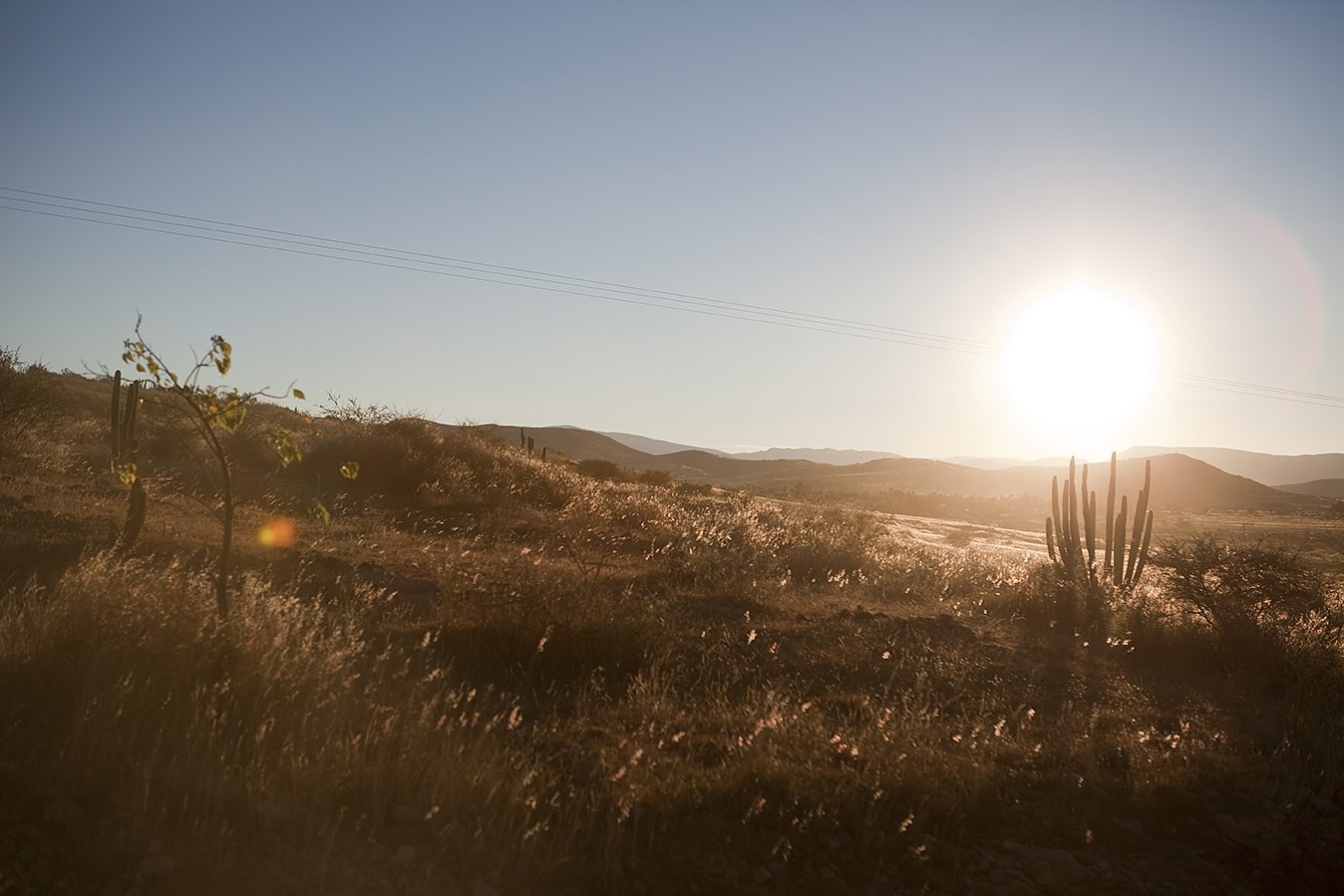
Bernardo Vasquez Sanchez was worried about his community. He’d grown up among the Zapotec, an indigenous group that has lived in the mountainous Oaxaca region of Mexico for thousands of years. When a Canadian silver mining company rapidly expanded operations near Bernardo’s home in San Jose del Progreso, he started asking questions—and the answers were alarming. The company was diverting the community’s scarce water to the mine and polluting local farm land. So Bernardo took action, going door to door across the valley to rally other farmers and organize protests.
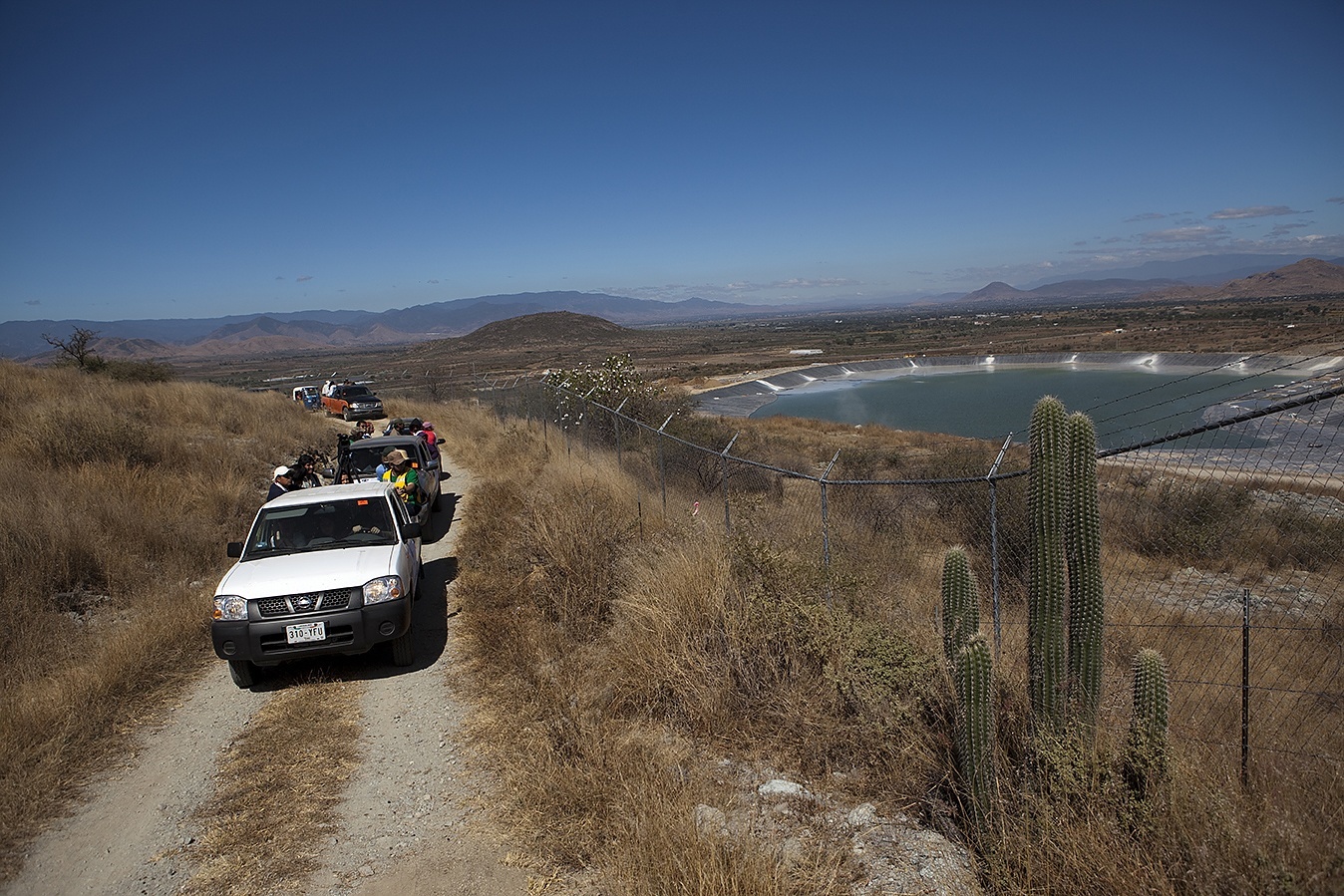
In 2012, Bernardo was shot and killed. Locals allege that he was assassinated by supporters of the mining project in an attempt to silence the opposition. While his murderers remain at large, the people he left behind have refused to give in to fear and intimidation. With support from Colectivo Oaxaqueño and other AJWS grantees, the Zapotec have joined together to continue Bernardo’s work. Their rallying cry is painted on the side of his mother’s home: “Si amas la vida, lucha contra la mina.” If you love life, fight the mine.
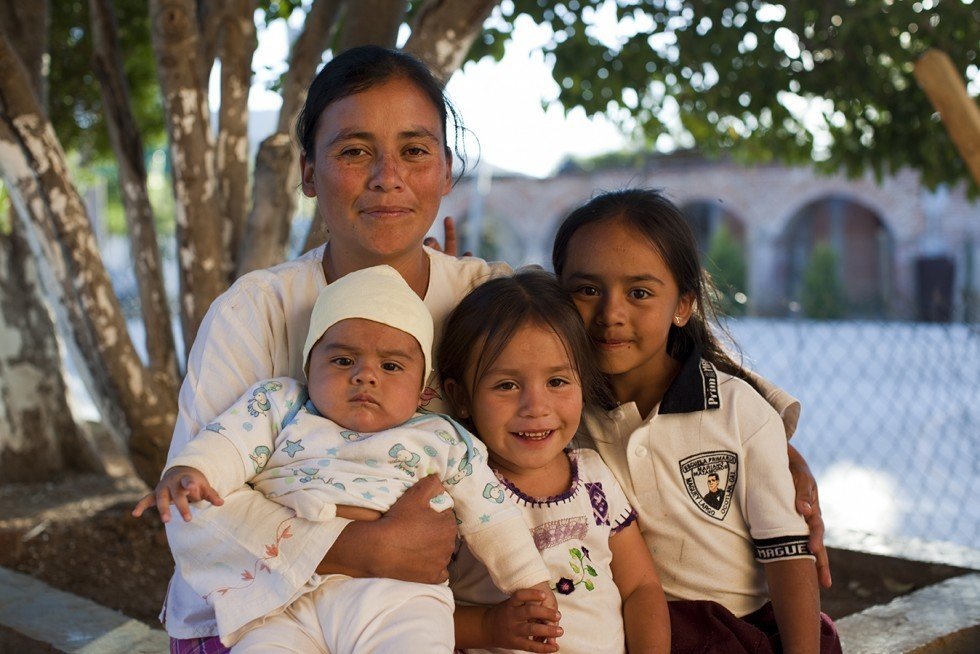
The areas surrounding the mine now have alarming levels of pollution in the air, soil and water supply. Residents report that farming—the sole source of income for many Zapotec families—is no longer safe. They believe the pollution has caused a sharp rise in illness and miscarriages.
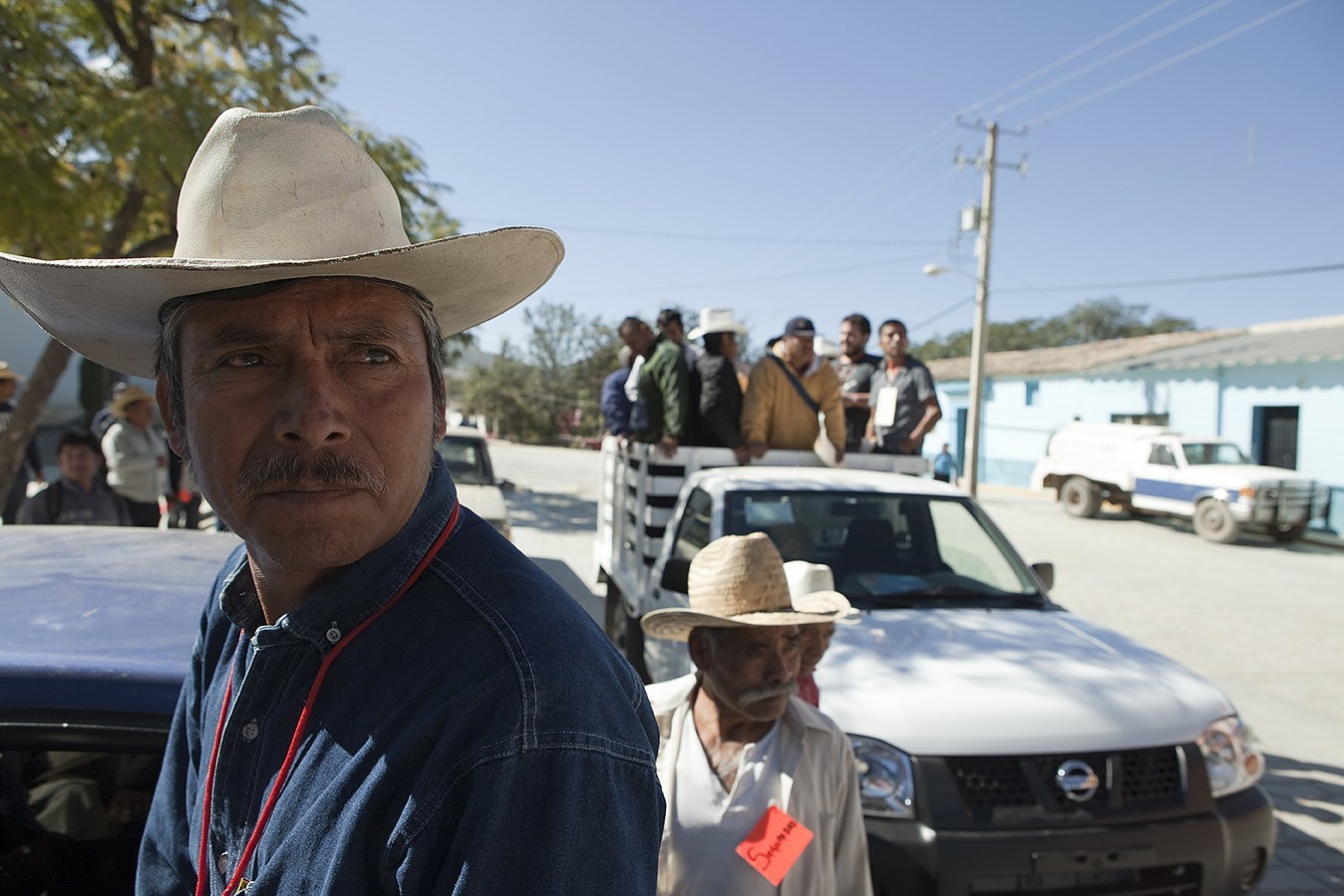
Before he died, Bernardo explained the situation to Canadian reporter Dawn Paley. He reflected on why mining contracts often get government approval in Oaxaca: Officials assume that the benefit for some—jobs created by mining—will outweigh the widespread damage to the land and community.
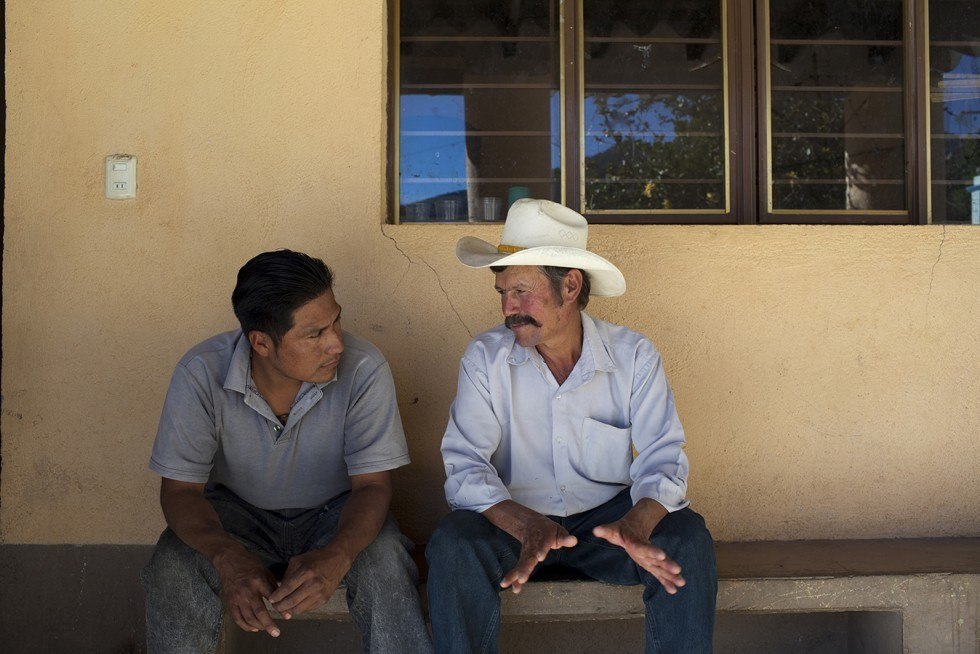
“For us, the idea of development is a battle of concepts. The government has one idea of development, and the people have another,” Bernado said. “And the people say, ‘We don’t want luxurious houses or luxurious cars. We need water for our crops, we need food. That’s all we want.’”
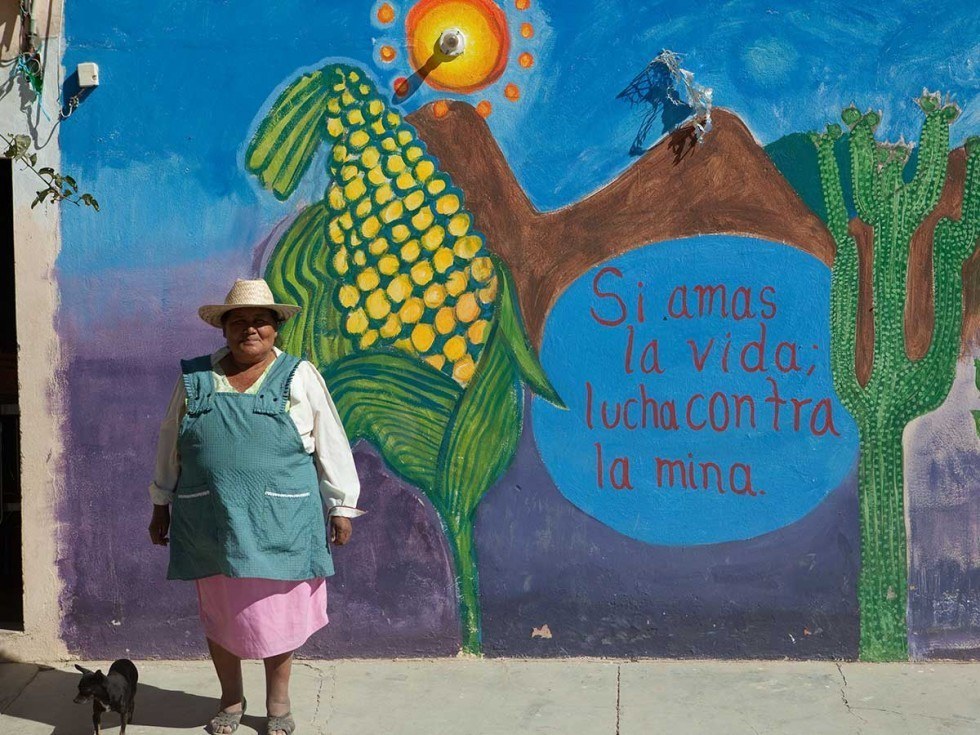
Colectivo Oaxaqueño organizes local activist groups to defend their land and water rights, challenging the powerful mining companies and lobbying the Mexican government to end the mining contracts. Just months after Bernardo’s death, Colectivo Oaxaqueño and its founding members—AJWS grantees UNOSJO, Ser Mixe and Flor y Canto—brought a delegation of lawmakers, journalists and activists to Oaxaca. Together, they explored how mining corporations have hurt indigenous communities, damaging their health, ruining their land for farming and creating conflicts over who can access the region’s dwindling sources of clean water.
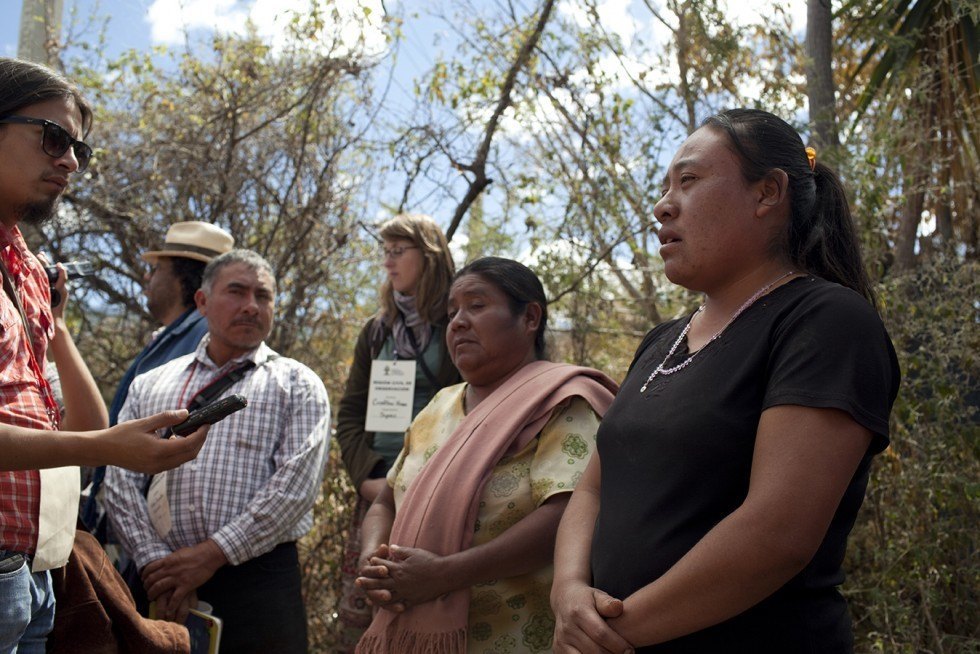
Colectivo Oaxaqueño’s advocacy has brought national and international attention to the plight of the Zapotec and pressured the Mexican government to respect their rights to make decisions about their communal land.
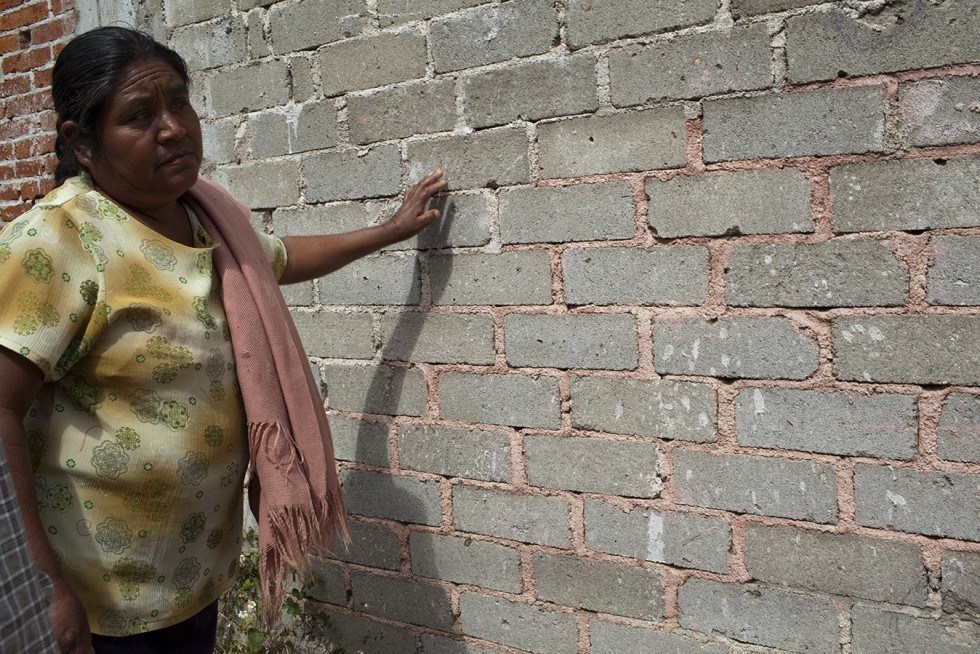
While there’s still much progress to be made, towns throughout Oaxaca have started banning mining activities and contracts in recent years. Two towns have achieved an official mining ban since 2012—and with help from Colectivo Oaxaqueño, residents of San Jose del Progreso continue working to add their town to the list.
